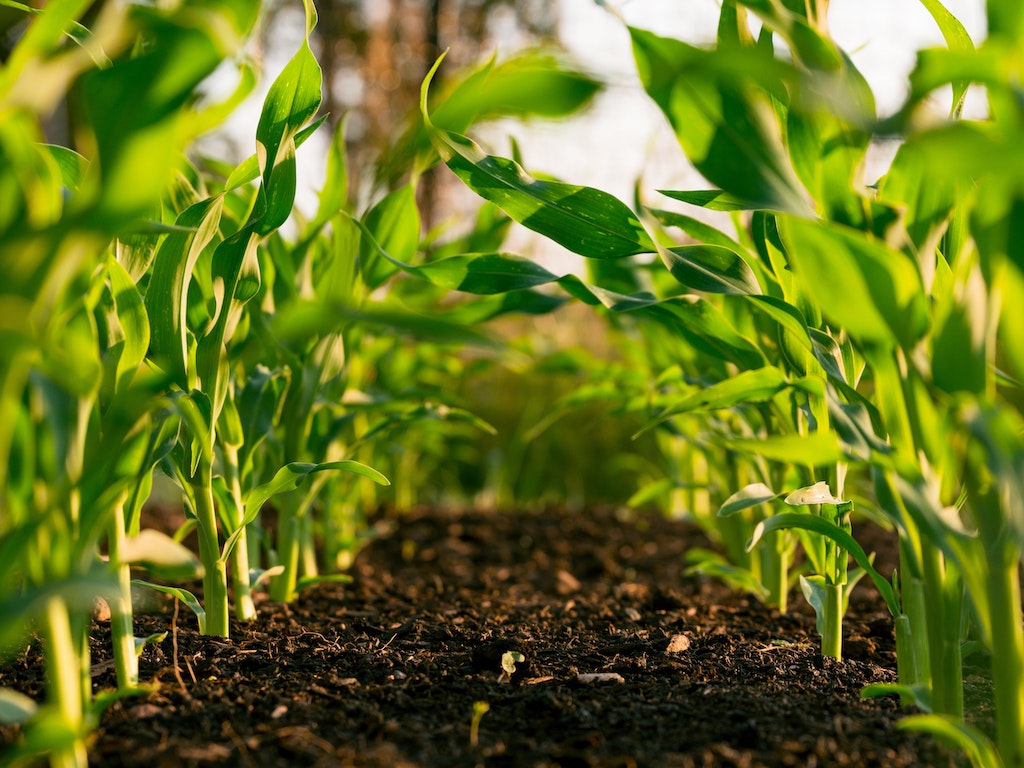Sustainable Farming Practices and Their Impact on the Environment

As the global population continues to grow, the demand for food increases, placing unprecedented pressure on the agricultural sector. Traditional farming practices, while effective in boosting short-term yields, have often led to severe environmental degradation, including soil erosion, water scarcity, and loss of biodiversity.
In contrast, sustainable farming practices offer a pathway to meet current food needs without compromising the ability of future generations to meet theirs. Some of these practices include:
Crop Rotation and Diversity
Crop rotation involves alternating the types of crops grown on a piece of land from season to season. This practice reduces soil depletion, mitigates pest and weed pressure, and enhances soil fertility. By diversifying crops, farmers can reduce their reliance on chemical fertilisers and pesticides, which are often detrimental to the environment. Crop diversity also supports a wider range of beneficial insects and microorganisms, contributing to a more resilient ecosystem.
Conservation Tillage
Conservation tillage is a method that minimises soil disturbance during planting. Unlike traditional ploughing, which can lead to soil erosion and carbon loss, conservation tillage maintains soil structure, enhances water retention, and increases organic matter in the soil. This practice not only reduces the carbon footprint of farming but also helps sequester carbon in the soil, thus playing a role in mitigating climate change.
Integrated Pest Management (IPM)
Integrated Pest Management (IPM) is an ecological approach to pest control that combines biological, cultural, physical, and chemical tools to manage pests with minimal environmental impact. By using natural predators, crop rotation, and resistant crop varieties, IPM reduces the need for synthetic pesticides, which can harm non-target species, contaminate water sources, and disrupt ecosystems.
Agroforestry
Agroforestry involves integrating trees and shrubs into agricultural landscapes. This practice provides multiple environmental benefits, such as enhancing biodiversity, improving soil health, and sequestering carbon. Trees act as windbreaks, reduce soil erosion, and improve water infiltration, making agricultural systems more resilient to climate change. Additionally, agroforestry systems can produce timber, fruits, and other products, diversifying income for farmers.
Organic Farming
Organic farming is a method that relies on natural inputs and processes to produce food. It excludes synthetic fertilisers, pesticides, and genetically modified organisms (GMOs). Organic farming practices, such as composting, green manuring, and crop rotation, improve soil fertility, conserve water, and reduce pollution. By fostering healthy soils and ecosystems, organic farming supports biodiversity and helps to maintain ecological balance.
Water Conservation Techniques
Sustainable farming practices include various water conservation techniques, such as drip irrigation, rainwater harvesting, and the use of drought-resistant crop varieties. These practices reduce water consumption, minimise waste, and protect water quality. By conserving water, farmers can ensure the long-term availability of this vital resource while reducing their environmental footprint.
Sustainable farming practices are essential for creating an agricultural system that can feed the world’s growing population while preserving the environment.
By adopting these practices, farmers can reduce their ecological footprint, enhance biodiversity, and build resilience to climate change. As consumers, supporting sustainably produced food can drive the demand for these practices, leading to a more sustainable future for all.
